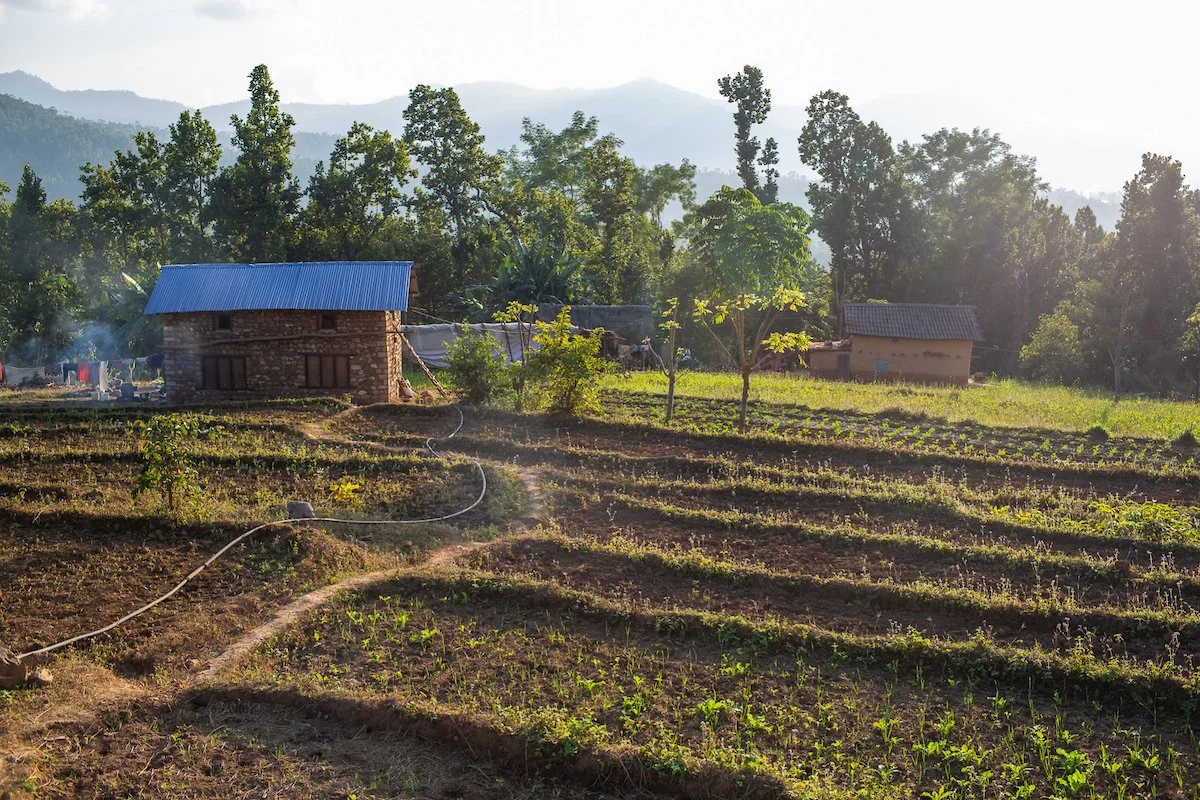Capacity Building on Accessing Climate Finance for Water Projects in Nepal
Location: Soltee Westend Resort, Nagarkot, Nepal
Date: 14-16 October 2025
From 14-16 October 2025, the Water Resilience Tracker is delivering a two-day training in support of Nepal’s goal of securing USD 46 billion in climate financing by 2030.
Nepal is highly exposed to the impacts of climate change, yet while a resilient water system is essential to its adaptation strategy, gaps in governance, financing, and capacity hinder progress.
The Water Resilience Tracker (WRT) adopts a co-creation approach with governments and partners to strengthen policies and plans for climate-resilient water management. In Nepal, the Tracker has partnered with the Water and Energy Commission Secretariat (WECS) and the Climate Change Management Division (CCMD) of the Ministry of Forests and Environment.
Through this process, climate finance training has been identified as a key activity for the second phase of the Tracker’s support to Nepal.
The WRT Consortium partners (Deltares, IWMI, ARUP , and AGWA) will deliver a two-day training on Accessing Climate Finance for Water Projects in Nepal, designed to equip participants with the knowledge and skills needed to develop successful project proposals aligned with the Green Climate Fund (GCF) and other global climate finance mechanisms supporting climate adaptation and mitigation initiatives.
For 25 participants from Nepalese government bodies and civil society organisations, the training aims to build their capacity to design competitive proposals that clearly demonstrate the climate rationale, anticipated impacts, institutional readiness, and sustainable, long-term benefits of water-related projects.
Learning Objectives
Develop project proposals using a structured approach aligned with the Water Project Development Guidelines (WPDG).
Apply WPDG effectively across different water management contexts (e.g., Integrated Water Resources Management, WASH, Integrated Drought and Flood Management).
Construct and articulate a strong climate rationale to justify climate finance investments clearly and convincingly.
Understand the fundamental principles of water adaptation within the mission and objectives of the GCF.
Effectively collaborate as informed counterparts or technical experts in proposal development teams.

